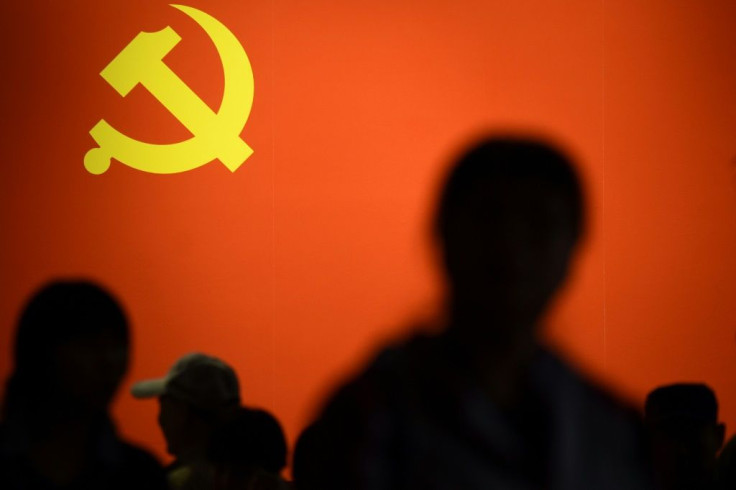China Says Bloomberg Journalist's Arrest 'Internal Matter'
KEY POINTS
- China says Haze Fan is suspected of endangering national security
- EU sought the release of all journalists held in China
- Fan joins a long list of persecuted journalists in China
China has said a Bloomberg journalist's arrerst was an internal matter and "no other country or organization has the right to interfere," hardening its stance in the face of widespread concerns about growing crackdown on media.
The curt response on an official WeChat account followed international appeals for the release of Haze Fan, who was escorted from her apartment by plain-clothes personnel last week. Her detention was confirmed on Thursday.
The Chinese Embassy in the EU said Sunday that Fan was "suspected of engaging in criminal activities that endanger China's national security" and was taken into compulsory measures by the Beijing State Security Bureau, BBC reported. "The case is currently being investigated as per the law and Fan's rights are fully ensured."
The European Union had sought the release of all journalists and citizens held in connection with their reporting. The EU said it expected Chinese authorities to grant Fan, a Chinese national, "medical assistance if needed, prompt access to a lawyer of her choice, and contacts with her family."
The Foreign Correspondents Club in China (FCCC) also registered its protest against the act, adding that international media depended on its Chinese staff. The FCCC said Chinese nationals offer critical research and linguistic support for foreign reporting in China, without whom it would be difficult for foreign media to operate.
Chinese journalists working for foreign outlets are categorised as "news assistants" and the domestic news media is controlled by state-run agencies.
China has routinely expelled or arrested foreign journalists at the slightest provocation. China-born Australian citizen Cheng Lei, a TV anchor at Chinese state-owned outlet CGTN, was detained over national security issues.
Beijing expelled several American journalists a few months ago in the wake of a worsening of ties with the Trump administration. It had asked journalists from the New York Times, the Washington Post and the Wall Street Journal to return their media passes. The Chinese foreign ministry spokesman termed the move a legitimate response to the restrictions placed on Chinese journalists in the United States.
China has also charged Jimmy Lai, a Hong Kong-based pro-democracy media tycoon, under the new Hong Kong security law, for "conspiring with foreign forces to endanger national security."
Zhang Zhan, another journalist who had reported on the coronavirus outbreak in Wuhan, has been detained for more than six months. Her lawyer alleged that the authorities were force-feeding her after she went on a hunger strike, reported The Guardian.
© Copyright IBTimes 2024. All rights reserved.




















